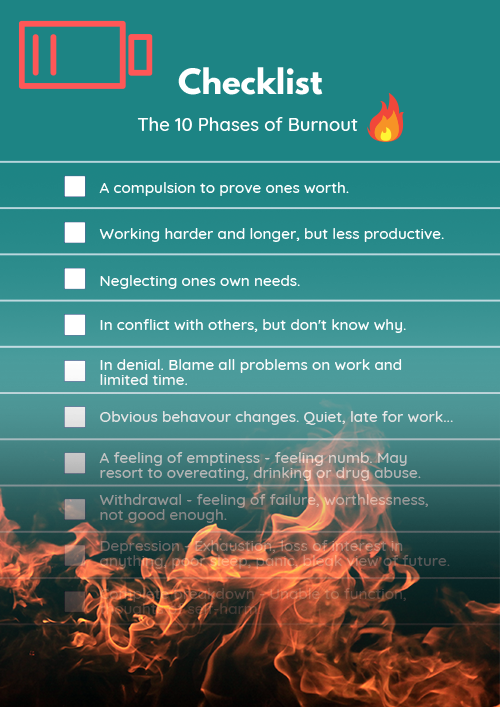Are you a Doctor, Nurse or other NHS employee struggling with mental health due to work related stress?
The British Medical Association (BMA) recently carried out a survey involving 4,300 doctors and medical students working in the NHS and found that 1,161 (27%) of them have received a psychiatric diagnosis. This suggests there is a mental health ‘crisis’ and something needs to be done about it.
Furthermore, 90% of respondents admitted their current working, training or studying environment had contributed to their condition either to a significant or partial extent.
One in three admitted to resorting to alcohol, drugs or self-prescribing as a way of getting through their shifts.
Would you seek help if you were struggling with mental health?
The worrying thing is hardly any medical professionals in the NHS will seek any help, because they think it will ruin their career, so instead this is pushing them to ‘burnout’.
Surely if NHS staff are struggling with mental health this puts patients at risk?
Theresa May recently announced that mental health was one of her top priorities, but shortages of mental health nurses and psychiatrists mean people with serious mental health needs wait around 14 weeks to be assessed (Rethink Mental Illness).
Recently MPs sat in the House of Commons to debate about mental health and for a system that is well and truly broken you would expect the room to be full, but instead there were only a handful of MPs in the room. This upsets me and shows a lack of care and understanding on the part of our Government
Where are the main problems and what can be done about them?
The Department of Health has announced improvements to shared parental leave for doctors. However, what about other employees in the NHS?
If this was rolled out to all employees in the NHS and not just doctors this would make it fairer.
However, not everyone would take this up, because parental leave is unpaid and most NHS employees are unlikely to be able to afford to take unpaid leave, so would not find any benefit in this.
If you are an employee in the NHS please leave your comments below regarding this.
Flexible working
Although all employees can request flexible working now, this is rarely accepted in the NHS, because of the needs of shift work etc. Employees are basically given a shift and told to work it.
The NHS actually has some great flexible working policies in place, but in this demanding world where the NHS is constantly being watched and reviewed, it is easier to refuse an employee permission for flexible working on business needs than grant it for fear that if they grant one person flexible working they will have to grant it to everyone.
Perhaps there should be more flexibility around flexible working, rather than a blanket refusal. Perhaps job roles should be designed to consider job-shares and different working patterns. Not everyone wants to work full-time.
One way of this working could be where someone close to retirement age is looking to reduce their hours and someone coming back from maternity leave is looking to return on less hours.
Alternatively, a younger person looking to develop into a more senior role could job-share with someone older looking to step down and so on…
Gender equality in the NHS
Matt Hancock – Health and Social Care Secretary announced on 25 April 2019 that 77% of employees in the NHS are women, but they are not in the senior roles. Furthermore, of those roles that women are in compared to men, the pay is also not equal to that of their male colleagues.
There are 1 million women employed by the NHS, and on average they are paid 23% less than men. Mr Hancock described this as ‘mission critical’ to the success of the NHS long-term plan.
Why is this still happening?
Equal pay has been an aspect of UK sex discrimination law for over 40 years and has now been incorporated into the Equality Act 2010. It is the right for men and women to be paid the same when doing the same, or equivalent work.
This is just another reason why there will be mental health in the NHS. There is enough pressure in the NHS as it is, with many employees finding it difficult to make ends meet and working long unsociable hours, but for women to also be discriminated, this needs to change now!
NHS staff do an amazing job
NHS staff provide an amazing service. Personally, I can’t thank them enough for saving my life 2 years ago. Their mental health and wellbeing should be paramount. Perhaps they should be given access to mental health care before anyone else. This is something that The Department of Health and Social Care are proposing, but it is not clear when it will be implemented.
I would be interested in your thoughts and comments on this article below.


